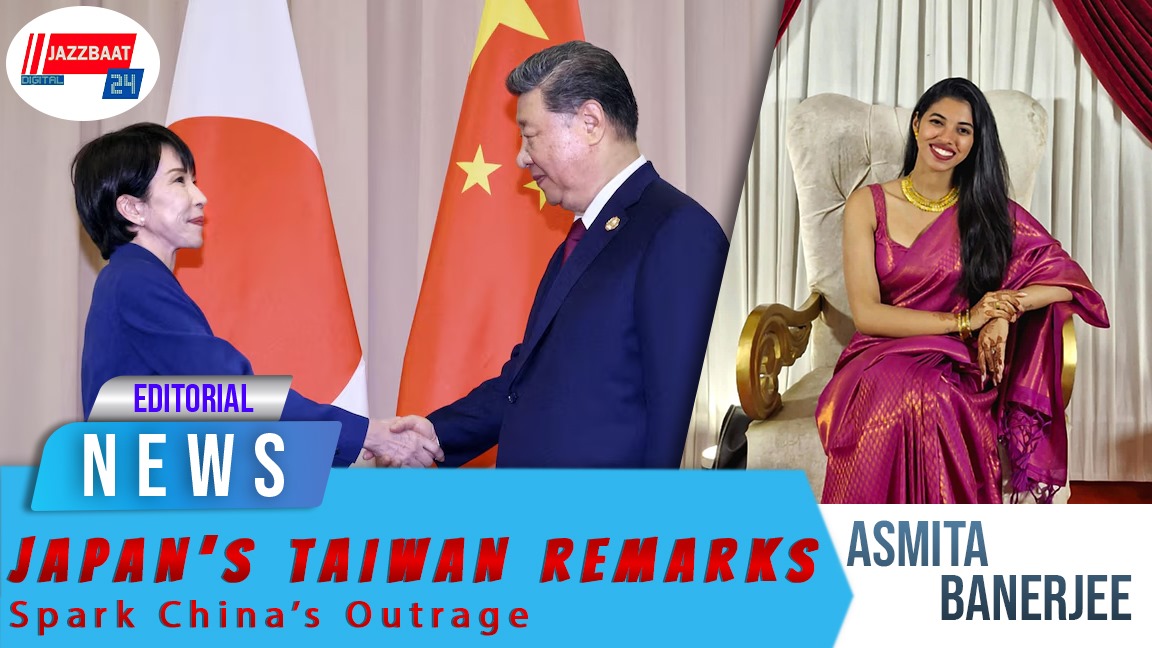
China has expressed strong condemnation of Japan after comments by Japanese Prime Minister Sanae Takaichi suggesting that Japan's self-defense forces could respond militarily if China attacked Taiwan. Beijing described these remarks as shocking and accused Japan of sending the wrong signal that violates the "One China" principle, which holds that Taiwan is part of China. China's Foreign Ministry stated that Takaichi’s comments seriously undermine the political foundation of China-Japan relations and violate basic norms of international law.
The diplomatic tension escalated after Takaichi, during a recent speech, indicated Japan might be prepared to act if there is aggression against Taiwan, a move Tokyo says is consistent with its long-standing position to maintain peace and stability in the Taiwan Strait. Japan insists that its security concerns are linked closely to Taiwan's stability because of regional and global implications.
China demanded Japan retract its statements and warned that such remarks damage bilateral ties, describing them as a serious challenge to the postwar international order and harmful to regional peace. Chinese officials emphasized that the Taiwan question is a core interest of China's sovereignty and territorial integrity, and foreign interference is unacceptable.
In response, Japan reiterated that its stance on Taiwan remains unchanged and emphasized the importance of peace and stability across the Taiwan Strait. The Japanese government views Taiwan's security as critical not only for its national security but also for the broader regional stability. Japan has also issued safety advisories to its citizens in China amid growing tensions and concerns about deteriorating relations.
Taiwan, meanwhile, is taking precautionary measures amidst the rising diplomatic friction. The Taiwanese government announced it would distribute millions of civil defense handbooks to households nationwide for the first time. These manuals are designed to prepare residents for emergencies, including a potential military conflict, highlighting the seriousness with which Taiwan views the current regional climate.
The situation reflects deeper historical and political complexities between China, Japan, and Taiwan. China claims Taiwan as part of its territory, while Taiwan rejects this claim as it maintains its own government and democratic system. Japan’s growing assertiveness on Taiwan, combined with Takaichi's recent remarks, has reignited old resentments and anxieties about future tensions in the region.
The escalation comes at a time when East Asian security remains fragile, involving competing national interests and alliances. Analysts note that Japan’s defense posture shift signals a broader regional push towards strengthening alliances and preparedness in response to increasing Chinese military activities near Taiwan and in the East China Sea.
The diplomatic dispute between China and Japan over Taiwan is likely to impact economic and strategic cooperation between the two countries, which have historically maintained complex relations marked by cooperation and rivalry. Both nations are key regional powers, and their relationship influences security dynamics throughout Asia and beyond.